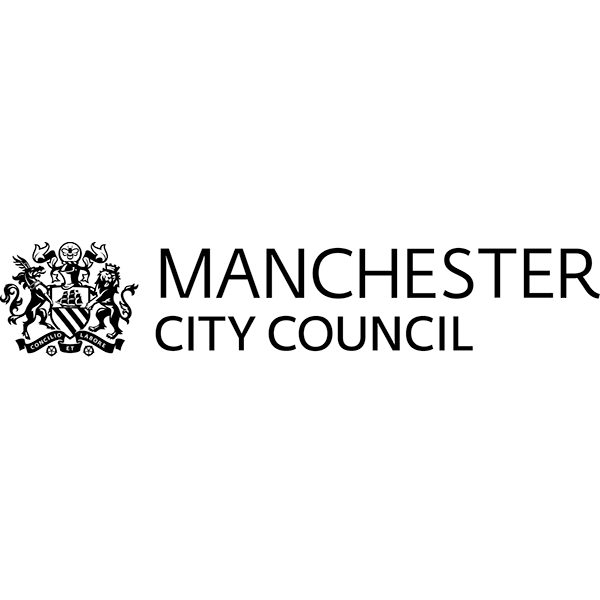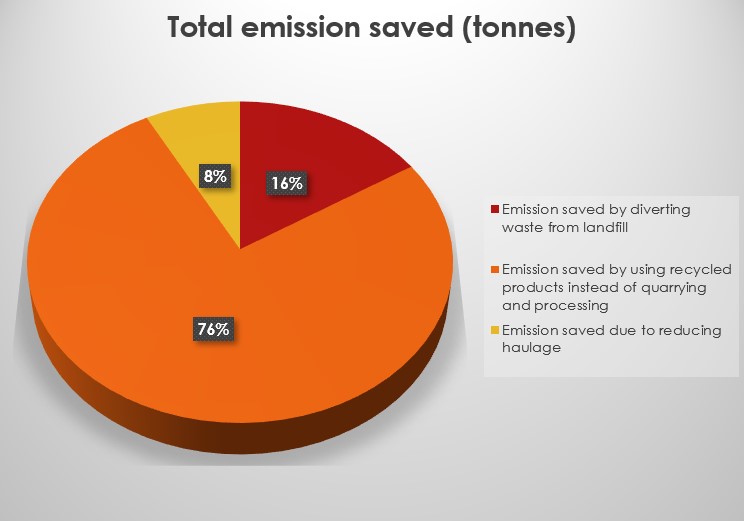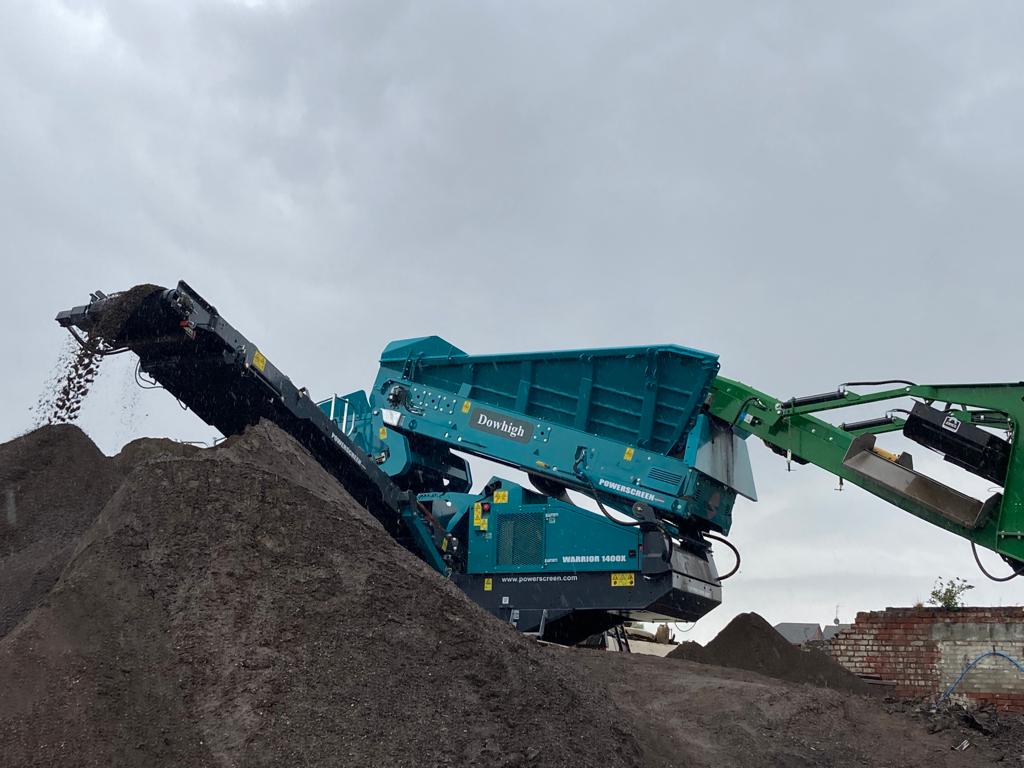RECYCLING AT HAWTHORNE ROAD
In 2006, Dowhigh opened their own recycling plant in partnership with Sefton Council at Hawthorne Road in Liverpool.
BUT WHY IS THERE A NEED TO RECYCLE A HIGHWAY CONSTRUCTION WASTE?
- Construction industry is one of the biggest emitter of GHG, the buildings and construction sector accounted for 36% of final energy use and 39% of energy and process-related carbon dioxide (CO2) emissions
- 43% product based lifecycle emission is reduced if highway construction waste is recycled in a closed loop rather than sending it to landfill. (Emission factor when send to landfill: 1.239, Emission factor when recycled: 0.989)
- The recycled material can be used again in construction, reducing the need for quarrying and processing of new materials, which would be 17kg CO2 per tonnes of aggregate quarried. The processing emission would vary based on the plant, but in average, the cradle-to-gate emission would be 25kg CO2.
OUR LARGEST RECYCLING CLIENTS





Upload Image...
Our largest client is Sefton Council, with 87% of the waste received at Hawthorne Road coming from Sefton Council projects.
In 2021, we received 22,000 tonnes of highway demolition waste was collected in the recycling plant, therefore approximately 19,000 tonnes of this came from Sefton.
WHAT DO WE RECYCLE?
(values shown are for year 2021)
WHAT WE RECEIVED
- Mixed Waste: 12,443.20 tonnes
- Road Planings: 7,680.88 tonnes
- Spoil / Clay: 469.68 tonnes
- Concrete: 405.76 tonnes
- Sand: 108.18 tonnes
WHAT WE PRODUCED
- MOT: 5,742.51 tonnes
- Planings: 4,470.20 tonnes
- 6F2 / 6F5: 2,301.78 tonnes
- Spoil / Clay: 690.37 tonnes
- Sand (<10mm): 534.51 tonnes
- Foam: 38.42 tonnes
HOW MUCH EMISSIONS SAVINGS DID WE MAKE?

By recycling materials at Hawthorne Road, we’ve saved the following:
- Emissions saved by using recycled products instead of quarrying and processing: 508 tonnes
- Emissions saved by diverting waste from landfill: 106 tonnes
- Emissions saved due to reducing haulage: 52 tonnes
This means that:
- Savings by not having to send the highway construction waste to landfill (baseline year 2021): £2,640,000 (for 22,000 tonnes based on £120/tonnes rate)
- Based on that rate, Sefton Council saved approximately £2 million in a year by not having to send highway construction waste to landfill.
- Savings in commute to landfill: 13,800 miles/year

